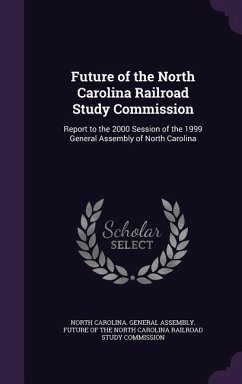
A HISTORY OF THE GEDEO, 1941-2000
A historical Inquiry
Versandkostenfrei!
Versandfertig in 6-10 Tagen
32,99 €
inkl. MwSt.

PAYBACK Punkte
16 °P sammeln!
Since ancient times, the Gedeo have lived in the region east of Lake Abaya in the Southern part of Ethiopia. Prior to their incorporation into the Ethiopian state in late 19th century, the Gedeo had their own administrative system known as ballee. This traditional administrative institution provided them secular and ritual leadership. The incorporation brought institutionalization of näf e a-gäbbar (landlord-tenant) system that put the Gedeo peasants under heavy feudal system. Gedeo people's demands for ownership of their land, freedom from economic exploitation, and cultural suppression wer...
Since ancient times, the Gedeo have lived in the region east of Lake Abaya in the Southern part of Ethiopia. Prior to their incorporation into the Ethiopian state in late 19th century, the Gedeo had their own administrative system known as ballee. This traditional administrative institution provided them secular and ritual leadership. The incorporation brought institutionalization of näf e a-gäbbar (landlord-tenant) system that put the Gedeo peasants under heavy feudal system. Gedeo people's demands for ownership of their land, freedom from economic exploitation, and cultural suppression were met in the early period of the Därg after the 1974 Revolution. However, since 1977 the Gedeo were disappointed by the Därg's policies and the implementation of some of its programs. They opposed the military regime particularly when it insisted on implementing its policies forcefully. Since 1991, the Gedeo got the opportunity to work for the betterment of their social, cultural, economic andpolitical status. Within the federal system, the Gedeo are currently engaged in developing and promoting their culture, expansion of education and exercise political autonomy.












